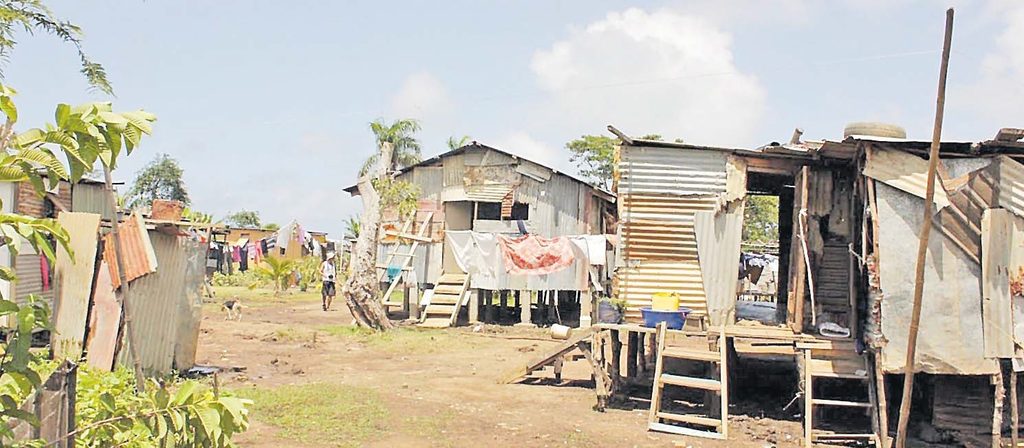The revelation that around 258,000 Fijians, or 29.9 per cent of the population, are living in poverty is cause for concern.
Any talk about poverty will attract attention. In fact it should bother us all!
The topic was highlighted by Fiji Commerce and Employers Federation CEO Edward Bernard at the Tripartite Workshop organised by the International Labour Organization (ILO) in Suva yesterday.
Most of these Fijians, he said, about 41 per cent, living in poverty, are in rural areas.
“And it is in rural areas where our indigenous population mostly reside,” he said.
According to Mr Bernard, 36 per cent of the indigenous population now live below the poverty line. With that in mind, there will no doubt be questions asked about our progress as a nation!
The national unemployment rate now stands at 5.4 per cent, but it is among our youth that the statistics become even more unsettling.
We learn that youth unemployment is at 18 per cent, and the youth NEET (Not in Education, Employment, or Training) rate is at 26 per cent.
They represent lost potential, broken dreams, and a future generation struggling to find its place.
In the face of that, what is especially troubling is that these figures have hardly changed in 15 years.
As Mr Bernard rightly questioned, if the indicators have remained stagnant, how then do we talk about the benefits of development, and whether they have reached those who need it most? The data seems to say otherwise, particularly when the majority of those affected continue to be from the indigenous community.
Perhaps we must ask ourselves, are our national policies effectively addressing the structural disadvantages facing many of our citizens?
Have our initiatives to combat poverty reached the grassroots? Are we truly listening to the voices of those who live these realities daily?
To the Government’s credit, there have been steps in the right direction. Initiatives that seek to increase access to education, boost rural infrastructure, and create employment pathways should be encouraged. Any collaborative efforts with organisations like the ILO should be supported, and will point to an awareness of the scale of the problem. These actions deserve recognition and support.
However, we wonder whether they are enough?
Maybe we should commit to deeper, more inclusive development, and consider policies that actively work to close them.
Access to education, vocational training, entrepreneurship support, and fair labour opportunities must become non-negotiable pillars of our national strategy.
Poverty is not just the absence of wealth; it is the absence of opportunity, of access, and of hope.
We cannot afford to treat poverty as a background issue.
Let’s face it, the lives of a good number of our population are being shaped by this crisis every day.
This is why we must come together as government, civil society, employers and individuals, to ask the hard questions, and take bold, united action.



